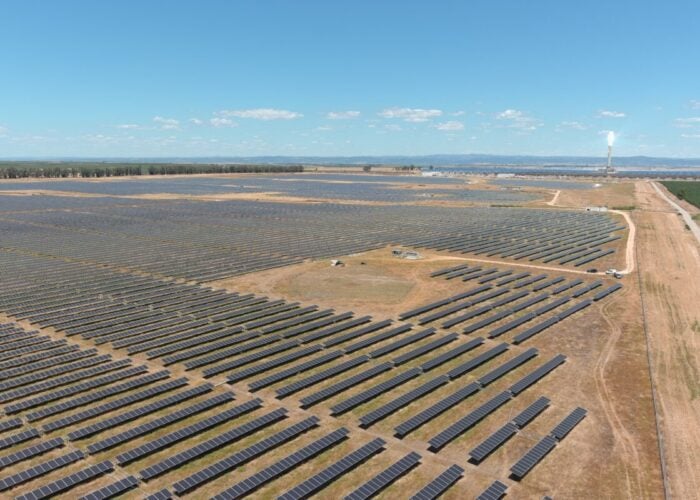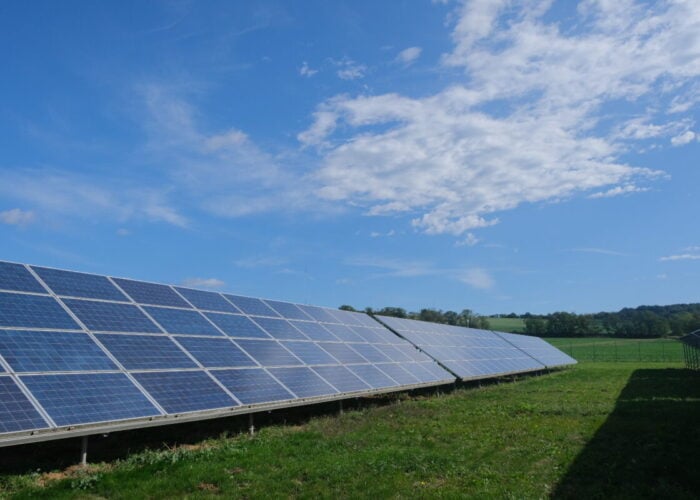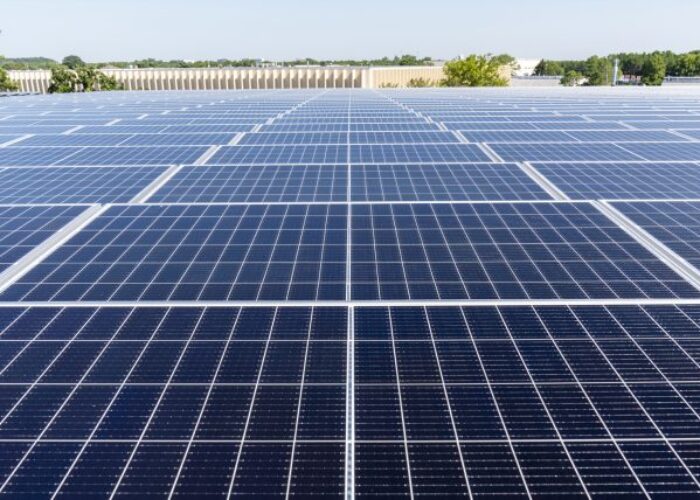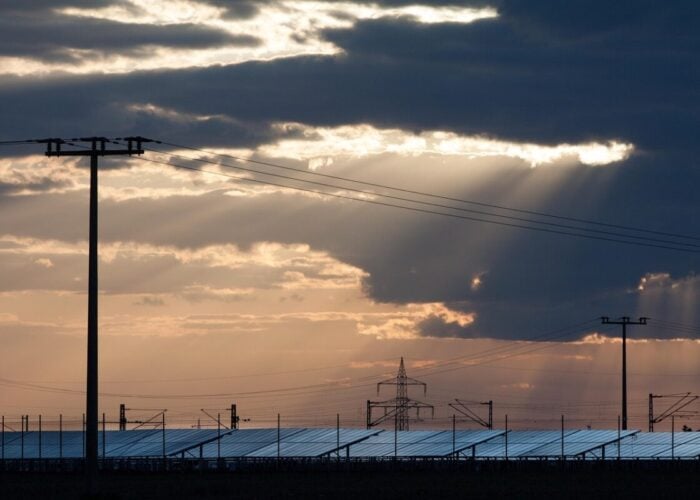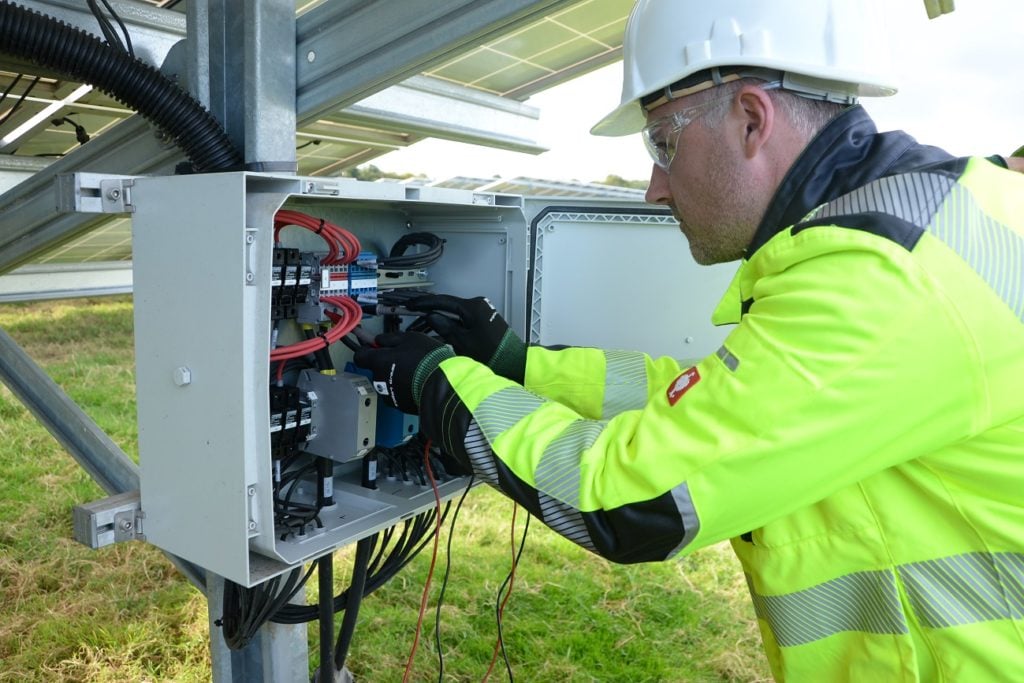
Industry representatives have called for a solar-specific strategy in Europe to head off the growing threat of cyber-attacks on the energy system.
In a paper published today, trade body SolarPower Europe urged European policymakers to ramp up efforts to protect future energy infrastructure as solar penetration grows and technology becomes increasingly digitalised.
Unlock unlimited access for 12 whole months of distinctive global analysis
Photovoltaics International is now included.
- Regular insight and analysis of the industry’s biggest developments
- In-depth interviews with the industry’s leading figures
- Unlimited digital access to the PV Tech Power journal catalogue
- Unlimited digital access to the Photovoltaics International journal catalogue
- Access to more than 1,000 technical papers
- Discounts on Solar Media’s portfolio of events, in-person and virtual
SPE said the current risk from cyber-attacks on Europe’s grid via solar plants was limited, but with solar’s importance in the energy mix growing in step with the threat from cyber-attacks, the sector needed to remain vigilant.
“We’re a future-looking sector, on our way to providing the majority of Europe’s electricity. We take that responsibility seriously,” said SPE policy director Dries Acke.
The SPE paper made several policy recommendations, including higher cybersecurity compliance requirements for products such as inverters, tracker systems, batteries, and EV chargers that can significantly impact grid stability.
“There are clear steps to be taken on the lower voltage levels, including improving cyber risk assessments, setting a new EU standard for product security for distributed energy resources and empowering consumers to manage their device security,” said Acke.
Other recommendations included an obligation for plant operators to operate round-the-clock centres dedicated to monitoring all connected fleet management systems and cloud platforms and detecting and responding to cyber threats.
A further recommendation said installers and users of small-scale PV systems should manage the cybersecurity of their devices by setting strong passwords and installing security updates.
The SPE paper cited a recent International Energy Agency report claiming that attacks on the global power grid have increased from 504 to 1,101 per week, underlining the need for action.

